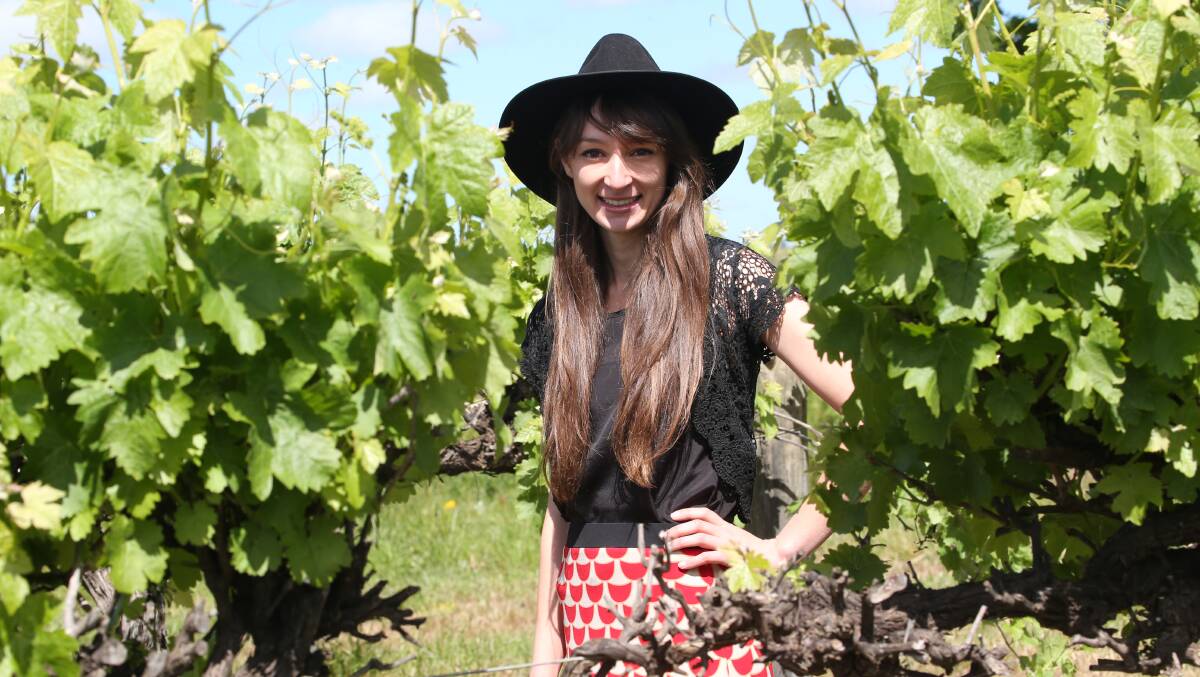
Growing up on a family farm outside of Broken Hill, Anika Molesworth dreamed one day of taking it over – but with an eventual expiry date on traditional farming practices limiting her dreams, she knew something needed to change.
Subscribe now for unlimited access.
$0/
(min cost $0)
or signup to continue reading
It is an issue she has dedicated her life to addressing and with her feet in rice fields from Griffith to Cambodia the 29-year-old Deakin researcher is focused on developing sustainable farming, natural resource management and climate change action.
It sounds dry, but as anyone who has heard her speak on the issue can tell you, it’s not.
It is work that has earned Molesworth a number of accolades, seeing her named as a finalist for NSW Young Australian of the year and the 2015 young farmer of the year.
But most recently it has seen her awarded a NSW/ACT Young Achiever award in the ‘Environment and Sustainability’ category.
The silent achiever labelled the recognition humbling and was hopeful this latest in a string of achievements would help shine a spotlight on farming, the environment and climate change.
“I am fortunate to work with farmers and agricultural researchers around the world – who spend their days working on issues pertaining to food security, environmental conservation and climate change adaption,” she said.
“These people are making a meaningful contribution to a vibrant and resilient future – and this award gives recognition to all people working on these issues of our time.”
The complicated version of Miss Molesworth’s work with Deakin’s Centre for Regional and Rural Futures sees her manipulate field design and management to enhance soil nutrient and water resource utilisation and retention to help farmers in both the Murray Darling Basin area and elsewhere improve nutrient and water productivity.
But while it sounds complicated her work is making a real and simple difference to people who need it the most – as she works with the Australian Centre for International Agricultural Research in two of the world’s most impoverished nations Laos and Cambodia, where many are living off less than $2 a day.
“South East Asia’s agricultural industry faces pressures from a burgeoning population, growing resource scarcity and unprecedented changes in climate,” she said.
“Growing dry season crops has the potential to significantly improve household income, water productivity and food security.”
“However, production challenges are exacerbated for farmers who have limited knowledge on how to manage water resources, and difficult soils that exhibit low fertility, acidity and hardpan.”


